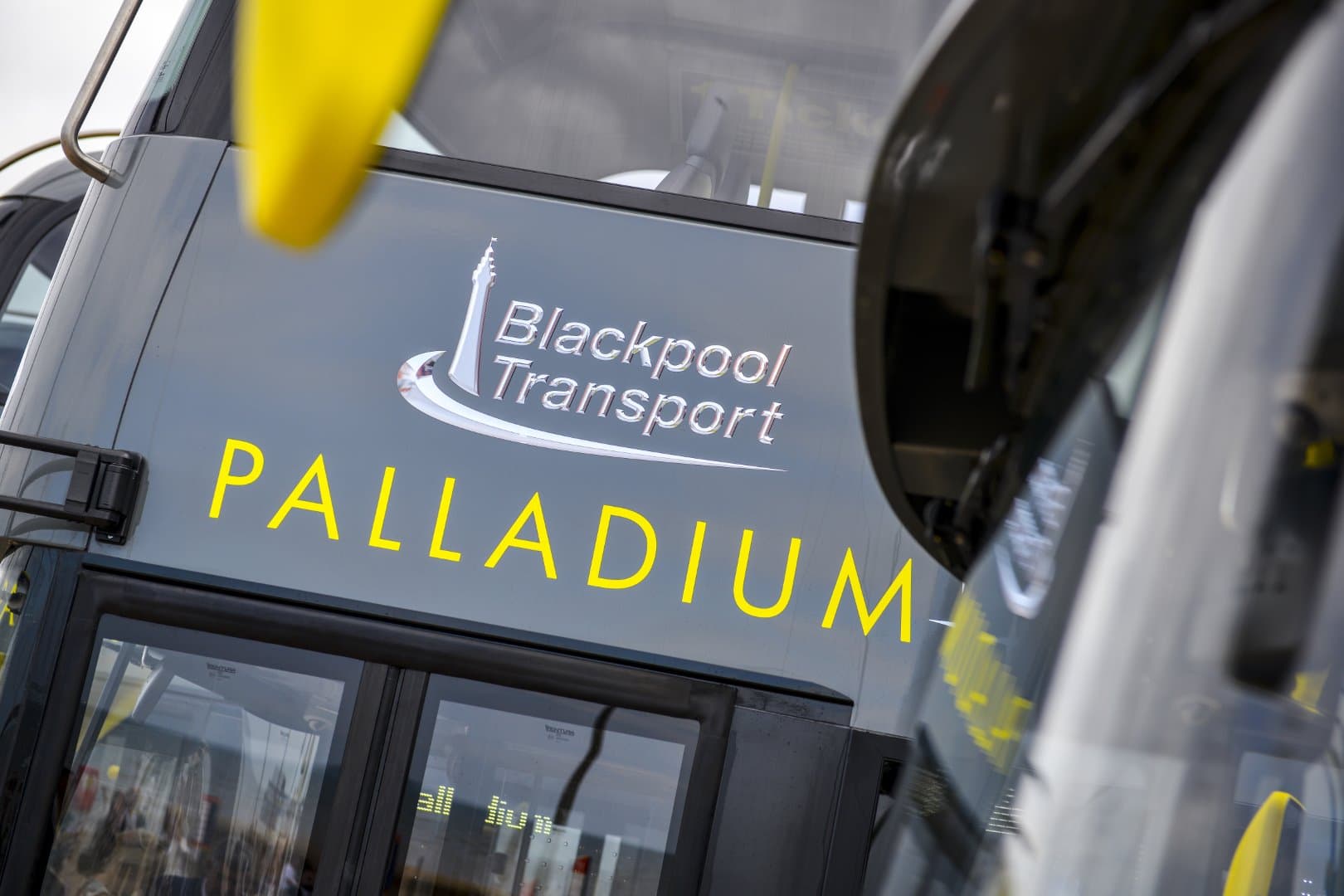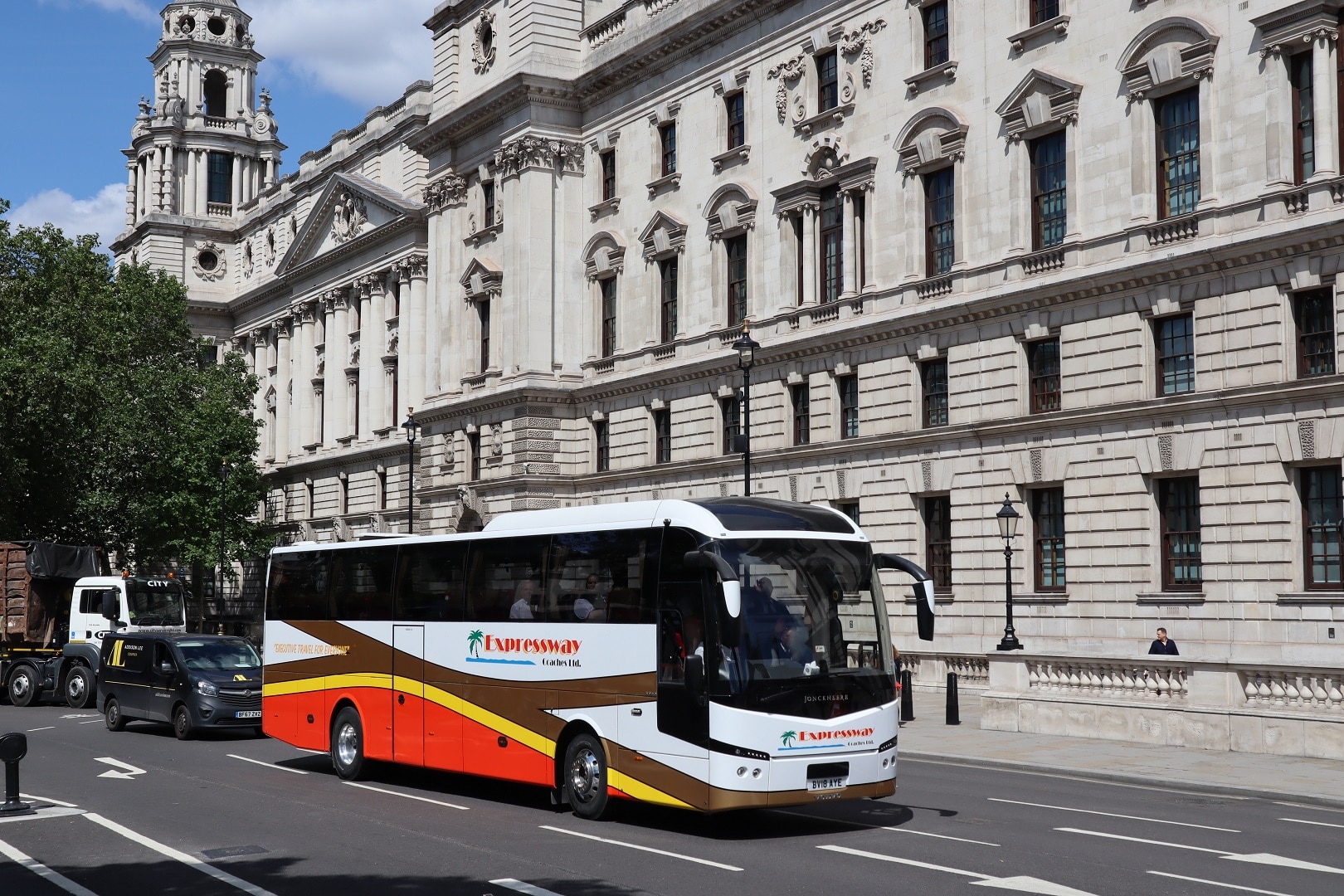The publication in March of a coach strategy – Backing Britain’s Coaches – by the Confederation of Passenger Transport (CPT) might be seen by many as being long overdue. CPT itself acknowledged that this was the first time it has produced a strategy for the coach sector, despite being its trade association for a very long time.
But as regular readers of this column will know, I am nervous about strategies, especially when they call for government financial support for a sector that is meant to be – and in this case, has long been – commercial.
Coach strategy makes ‘some highly compelling arguments’
Of course, COVID-19 has changed the dynamic of that argument to a very considerable extent. After all, private companies up and down the country have received financial support in one form or another over the past year, and rightly so as the pandemic shut down business in an unprecedented way through no fault of those companies.
But those businesses have not produced strategies that call for government support on a longer-term basis. Most of those companies will bounce back over time and get back to a normal trading relationship with their customers. I don’t detect that ambition in CPT’s coach strategy.
Don’t get me wrong: CPT’s document makes some highly compelling arguments as to why more direct and sustained government support for the coach sector is a good thing from a public policy point of view. It is a well-argued and coherent piece of work. I found myself agreeing with much of what it says, not least because a lot of the support that is called for is not simply financial.
One question is raised by the coach strategy…
But I kept on finding myself asking one basic question: Why is it that the trade association representing the coach industry has not found it necessary to produce a coach strategy before now?

What is it about the dynamic of the coach sector that has meant that, for decades, there has been no overt government support, no government- or industry-backed strategy – a situation that, to my knowledge, nobody has ever complained about?
This is surely, deep down, a tacit recognition that the coach industry is a private sector operation through and through.
For sure, there are public policy benefits from people using the coach over the car. But are those benefits driven by major public policy agendas in the same way as they are for the bus sector?
Coach industry is ‘private sector to its core’
As I say, a significant proportion of the market for the coach sector is private to its core, whether that is people travelling by coach on holiday, on a trip to a sporting or leisure event, and so on. That is a completely different market to the one served by the bus industry. But yes, the coach sector certainly provides services for schools and rail replacement provision for which operators get paid – ultimately – by the taxpayer, and rightly so.
I absolutely understand many of the points raised by CPT in its coach strategy. They are well made. But at the heart of my concern is a simple, basic truth: If a company or a sector wants government support, it will come with strings attached.
Take the King’s shilling but expect conditions
In the case of the CPT document, the immediate call is for between £100-150m of funding. This is not just a request for policy guidance to local authorities to provide appropriate levels of coach parking facilities in their planning decisions, but a call for direct government subsidy. Yet the coach industry is a private, commercially based sector and, as I say, to my knowledge nobody has ever questioned that.
No doubt there are plenty of examples to demonstrate that across the private sector, companies regularly secure government support in one form or another. I accept that my point thus far is a touch ‘black and white’.
But here is the real core of my point: Call for government support in financial terms by all means, and that may have a very strong justification given the new world in which we operate. But take caution that if you take the king’s shilling, you will have conditions attached to your business operation.
Does more government involvement lead to a loss of control?
I voiced concern over CPT’s support for a National Bus Strategy for England as I suggested that this would result in bus operators losing a large degree of control over their businesses. I feat that is exactly what has happened. If the coach industry wants a coach strategy, and wants government support – especially funding – then is it willing to lose some control over how its sector functions?
I am sure that I will be told that the dynamics of the coach and bus sectors are fundamentally different, and that they serve different markets. I understand and recognise that. I understand that the issues are much more complex than I am making out.
There absolutely needs to be a recognition of the value and role of the coach sector in meeting various public policy goals. That recognition has been lacking. The CPT strategy makes some powerful public policy points. But I think that the coach industry needs to be careful what it asks for, and I ask myself whether the previous absence of a formal coach strategy has actually been detrimental to the interests of the industry when all things are considered.
The coach sector has been hit hard by COVID-19, so I understand why the strategy has emerged. I just urge a degree of caution.



























